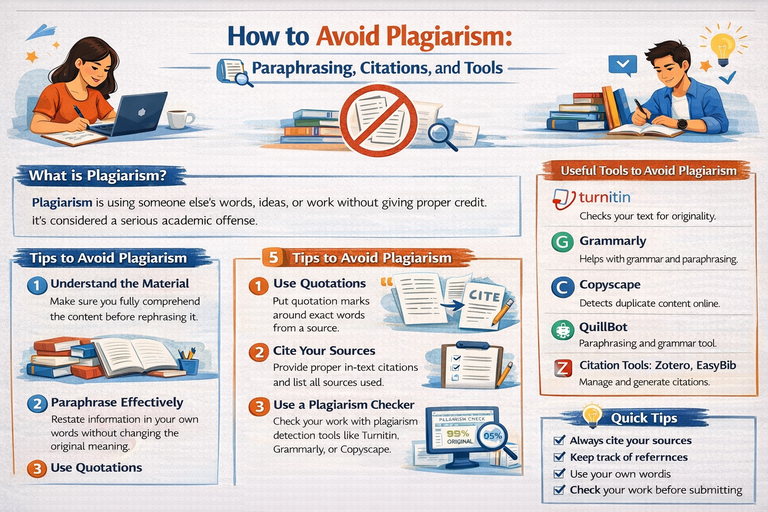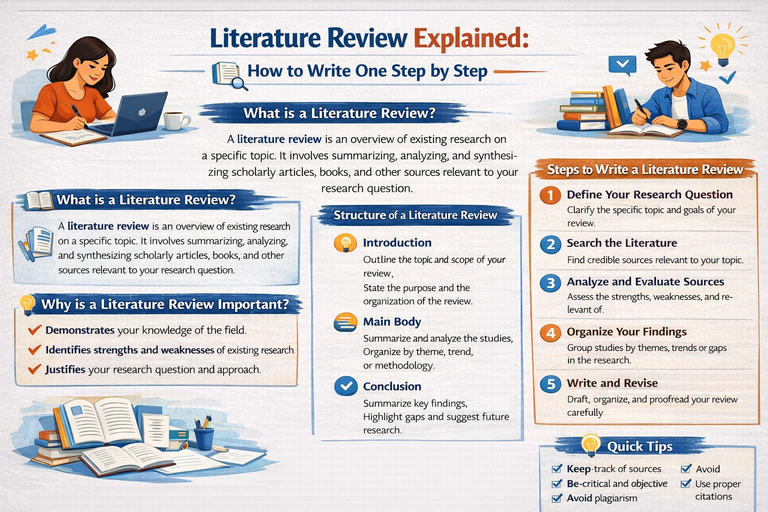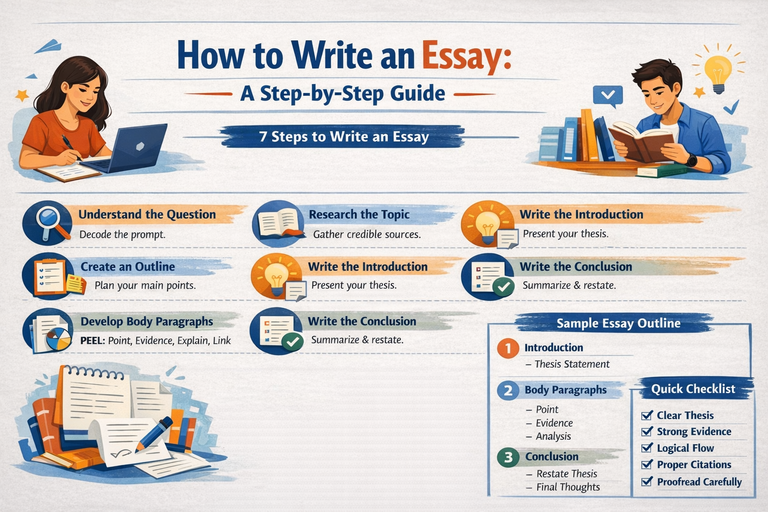Scholarship Dreams and Struggles in Young Adult Fiction
In the vibrant world of young adult (YA) fiction, dreams are big, emotions are raw, and the journey to adulthood is often marked by critical decisions about identity, ambition, and belonging. Among the most compelling storylines in this genre are those centered on scholarships—narratives where characters strive for academic opportunity as a means to escape hardship, chase their passions, or prove their worth. But scholarship stories in YA fiction rarely follow a straight path; they are often fraught with personal and social struggles that test the characters' resilience and shape who they become.
Scholarships in YA novels symbolize hope, but they also introduce tension—between the world a character is trying to leave behind and the one they’re struggling to enter. This blog post explores how YA fiction portrays the dreams and difficulties associated with scholarships, and how these stories mirror real-life issues of class, identity, and systemic inequality.
Scholarships as Symbols of Hope and Escape
In YA fiction, a scholarship is often portrayed as a golden ticket—a chance to leave behind a difficult home life, a troubled neighborhood, or a cycle of poverty. For many protagonists, the dream of winning a scholarship becomes the engine of the plot, driving them forward in the face of adversity.
In I Am Not Your Perfect Mexican Daughter by Erika L. Sánchez, Julia Reyes dreams of leaving her working-class life in Chicago behind to attend college in New York. While not framed strictly as a scholarship novel, the idea of earning her way into a better future—through grades, grit, and scholarships—is ever-present. For Julia, education is not just about academics; it’s about liberation.
The same is true in The Poet X by Elizabeth Acevedo, where Xiomara Batista finds her voice through poetry and dreams of earning recognition and a scholarship. Her struggle is not only with her conservative family but also with a society that often silences the creative ambitions of girls like her. The scholarship in this context represents not just access to education, but validation of identity.
Economic Pressure and Family Expectations
YA protagonists who pursue scholarships often carry more than their own hopes on their shoulders—they carry their family’s expectations, sometimes bordering on pressure. This can create emotional strain and inner conflict, especially when their personal desires diverge from family plans.
In With the Fire on High by Elizabeth Acevedo, Emoni Santiago is a teenage mother with a passion for cooking. While her journey is less about traditional academics and more about vocational dreams, she still faces financial constraints that make scholarships and grants essential. The struggle to balance passion, parenting, and economic reality brings depth to her character and showcases how scholarship dreams in YA fiction often intersect with multiple layers of responsibility.
Similarly, in American Street by Ibi Zoboi, Fabiola navigates the cultural tension between her Haitian heritage and her new American reality. As she tries to stay on track in school and pursue future opportunities, including scholarships, she is also pulled into the dangers of her environment. Her story is a reminder that academic ambition is often entwined with survival.
Belonging and Alienation in Elite Spaces
YA fiction often explores what happens after a character earns a scholarship—particularly when they enter elite institutions. While the opportunity opens doors, it often leads to feelings of alienation, as scholarship students confront racial, cultural, or class differences.
In Legendborn by Tracy Deonn, Bree Matthews enters an elite college program after her mother's mysterious death. While the story is steeped in fantasy and mythology, the social dynamics of being a Black scholarship student in a predominantly white institution are starkly real. Bree's intelligence and resilience are tested not just by magical forces, but by subtle racism, elitism, and the pressure to assimilate.
These stories illustrate that scholarships, while offering access, do not erase structural inequalities. Instead, they often bring them into sharper relief, especially in spaces where privilege is the norm and diversity is tokenized.
The Toll of Academic Pressure
Another recurring theme in YA fiction is the mental and emotional toll of pursuing scholarships. High expectations, endless applications, and the fear of failure can lead to anxiety, depression, and burnout—especially for students from underrepresented backgrounds who often feel they have more to prove.
In Admission by Julie Buxbaum, the main character’s privileged world collapses when her mother is implicated in a college admissions scandal. While this novel focuses more on the ethics of privilege, it contrasts starkly with the experiences of characters in other novels who must fight tooth and nail for scholarship opportunities. The juxtaposition draws attention to the unequal playing field and the emotional labor required of scholarship hopefuls.
In We Are Not from Here by Jenny Torres Sanchez, three teens flee violence in Central America in search of safety and education in the United States. Their dreams of school and opportunity, including scholarships, are laced with trauma, fear, and uncertainty. Here, the scholarship isn’t just about ambition—it’s about hope for a life where education is even possible.
Intersectionality: Race, Gender, and Class
YA fiction shines when it embraces intersectionality, showing how multiple identities—race, gender, sexuality, immigration status—affect access to scholarships and education. The characters must often battle more than economic hardship; they face systemic discrimination and cultural bias.
In Piecing Me Together by Renée Watson, Jade is a Black teenager from a low-income neighborhood who receives a scholarship to attend a mostly white private school. Though academically capable, she often feels like an outsider. Her development centers on finding her voice and challenging the notion that she should feel “grateful” for access, rather than empowered to claim space and speak out.
This kind of character arc reflects real-world issues where students of color are expected to perform excellence without expressing dissatisfaction, and where scholarships come with unspoken rules about behavior, identity, and conformity.
Love, Identity, and Life Beyond Scholarships
Scholarship dreams in YA fiction often intersect with broader themes like romantic relationships, sexual identity, and self-discovery. These additional layers make the pursuit of a scholarship more complex and emotionally charged.
In You Should See Me in a Crown by Leah Johnson, Liz Lighty dreams of attending a prestigious college through a scholarship tied to winning her high school prom queen title. While the premise is playful, the novel tackles serious themes of race, class, and queer identity. Liz’s journey reveals how personal and academic aspirations are deeply connected, and how the fight for a scholarship can also be a fight for visibility and self-worth.
This blend of scholarship pursuit with romance and identity exploration is common in YA fiction, where characters are still figuring out who they are even as they chase future dreams.
Failures, Detours, and Redefining Success
Not every scholarship dream ends in success, and YA fiction is increasingly willing to explore failures and detours. These stories are vital because they teach readers that success isn't always linear and that one's worth isn't defined solely by academic achievements.
In Eleanor & Park by Rainbow Rowell, Eleanor’s environment makes it hard to dream of anything beyond survival. While the novel doesn’t revolve around scholarships, the lack of access to opportunity serves as a powerful commentary on how many teens never even get to compete for the dreams others take for granted.
YA novels that portray students who miss out on scholarships or change their goals highlight the importance of resilience and adaptability. They show that while dreams may shift, the value of trying—and growing—remains.
Conclusion: Reflecting Real-World Aspirations
In YA fiction, scholarship narratives are more than a plotline—they are a mirror to real-world inequality, ambition, and transformation. These stories speak to readers who may be navigating similar challenges: economic hardship, cultural disconnection, pressure to perform, and fear of failure.
By spotlighting characters who pursue education through scholarships, YA authors validate the experiences of students who fight every day for a better future. They remind us that while scholarships offer opportunity, they also come with invisible burdens—burdens that shape young people in profound and lasting ways.
Ultimately, the best YA novels about scholarships do more than inspire—they educate, empathize, and empower. They honor the dreamers, the fighters, and the ones who keep going even when the system seems stacked against them.







